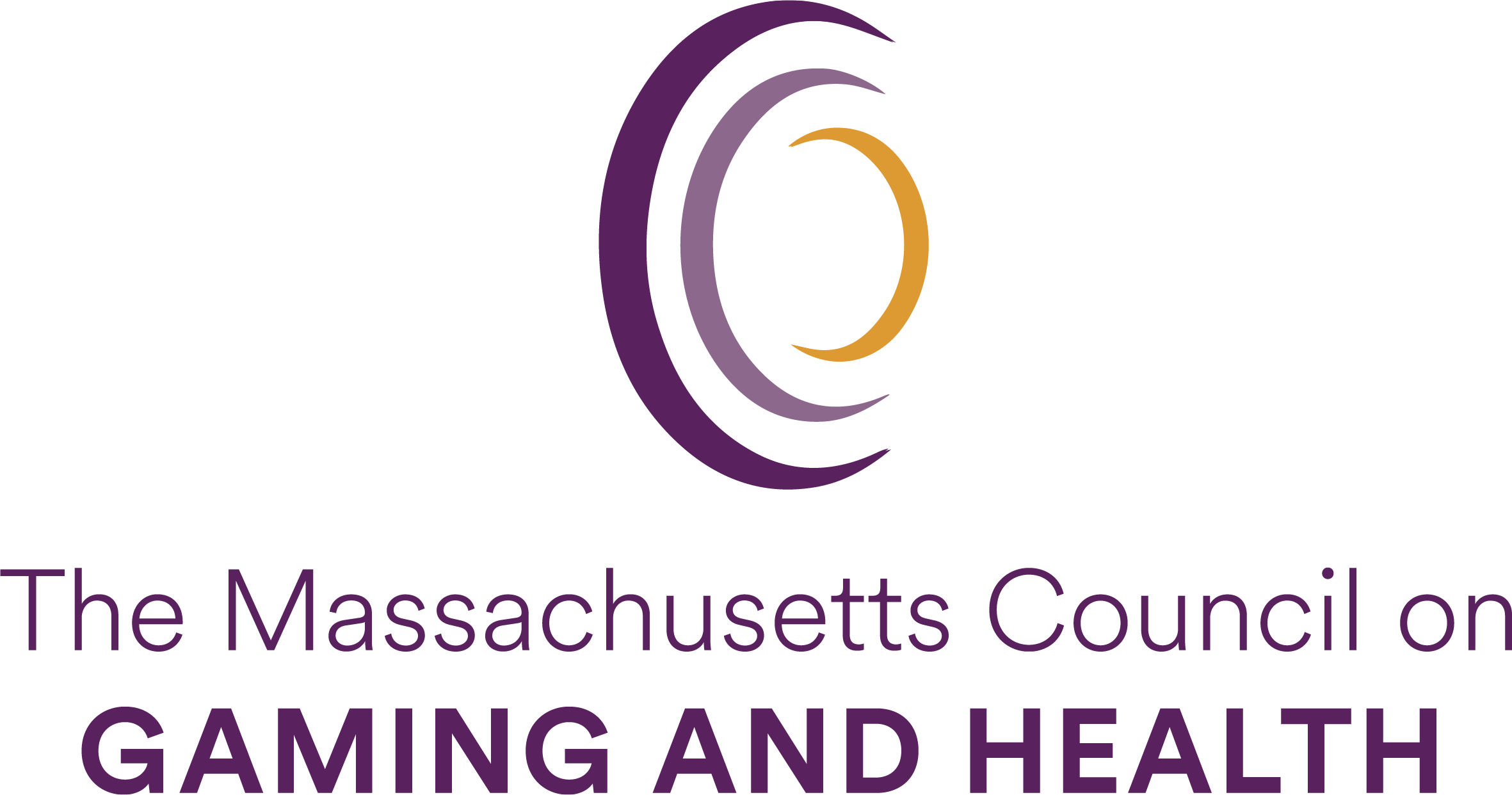In our new Tell Your Story series, we’ll be featuring stories of those who have experienced or have been impacted by problem gambling.
Creating my normal. Niamh’s story.
Growing up, I had itchy feet. I was the middle child of five, sandwiched between two rambunctious brothers and two perfect sisters. I loved growing up in Ireland, but I had an unrest. I wanted nothing more than to run away and get out of the house, the county, the country.
Those same itchy feet brought me to the United States after finishing college. I didn’t plan on staying long, and certainly not for good. But then, I met Jerry, a non-gambler. I didn’t want to get married in the Catholic Church, so we got married in Las Vegas.
Three years and a child later, Jerry told me he planned to check out Foxwoods Casino, which had opened a few weeks prior. He wanted to listen to country-western music and play cards on his day off. It seemed as normal as my father’s visit to the track. Both men worked hard, and it was their day off. What did I know?
Little did I know that day would be a turning point in our marriage — and our family.
That evening of his first visit, Jerry burst through the door, calling out to me, “I won!” I propped up our son, then a toddler, on my hip and ran to greet him.
He smiled broadly, fanning out his cash winnings. “Look!” he exclaimed, eagerly thrusting out the stack of bills for me to count. Together, we counted $200, a big chunk of money for us at the time. I hadn’t ever seen Jerry this happy.
Casinos had a growth spurt in the 90s, and I went along with all the glitter and glory. By then, we were a family of four, spending vacations in casino hotels with lavish perks. I, too, started gambling on the occasional family trip.
If anything, those days reflected the summertime fun from my childhood. When I was around six, I remember heading to the local beaches and playing slot machines. On those trips, my brothers and I rode bumper cars or wandered along, eating fish and chips or ice cream. Other times, our family would meet at the local horse track. Those were good memories.
However, looking back, it was a subculture of lax gambling laws. Both of my parents were raised in gambling families. My mother didn’t gamble much; she just played bingo around the holidays. But my father, devoutly pious as he was, gambled every day.
As a child, I was passive to these highs and lows, oblivious as to why my father was happy on some days and detached on others, why the two of us casually stopped in a bookie’s office one day. Why my mother didn’t seem content? I didn’t have a pulse on normalcy, so I had to find and create that for myself.
While Jerry’s disease was invisible to me, I knew I was in a low spot and that my world was on shaky ground. Jerry’s early wins fueled his progression; he seemed to play more frequently and make riskier bets. He first started out gambling $5 on table games. Now, he was playing in a private room with a blackjack dealer making $1,000 bets. We weren’t wealthy people.
Jerry’s problem with gambling escalated, resulting in him becoming financially and emotionally abusive. I still struggle with residual trauma from gaslighting. We got mired in debt with a mortgage. Yet my once-itchy feet couldn’t seem to leave or escape. We worked together at the same company, and I was fearful of his gambling. I ended up staying in the marriage for five years because I didn’t want the kids to be upset.
Then, Jerry threatened my life. That was the blow I needed to knock me out of the numbness and stupor. The threat broke my complacency about what was happening or what could happen with continued inaction to his illness.
We separated, divorced, and I found a different position. I went to a wellness doctor, who referred me to Gam-Anon, a 12-step support program for persons affected by the disease of gambling. I started working toward recovery.
I call the months and years that followed my Henny Penny days. It truly did feel like the sky was falling. I didn’t understand what normal was. In time, I realized that things are never normal nor will they ever be. I began to understand that gambling is a family disease, an emotional illness that affects the family like other addictions. Normal is what works for you.
I began unpacking and tracing moments back to my childhood. I idolized my father even though he had a non-substance addiction. I considered how he and my ex-husband were similar. Both men were intelligent, creative thinkers and great storytellers. Both had made it easy to mask the invisibility of their addiction. I worked to reshape my warped reality and unhealthy behaviors of chronic enabling. I couldn’t allow anyone to take up that much emotional capacity anymore. In that period of deep self-discovery, reflection, and spiritual awakening, I stopped running away from myself and became more self-aware of my emotions.
These days, I don’t run anywhere, just long walks in nature. Thanks to Gam-Anon, I have found peace and serenity inside. I’m not perfect, but I’m grateful to have found a fellowship of persons who understand how loved ones struggle with the impact of gambling. I would encourage anyone struggling or impacted by gambling to reach out and seek support. The disease of gambling can be arrested, but never stopped. You cannot stop a loved one’s gambling, but you can control your reaction. Continue to come to Gam-Anon even if your gambler continues to gamble. Recovery is hope.

